Sharing about Death Gives Meaning to Life
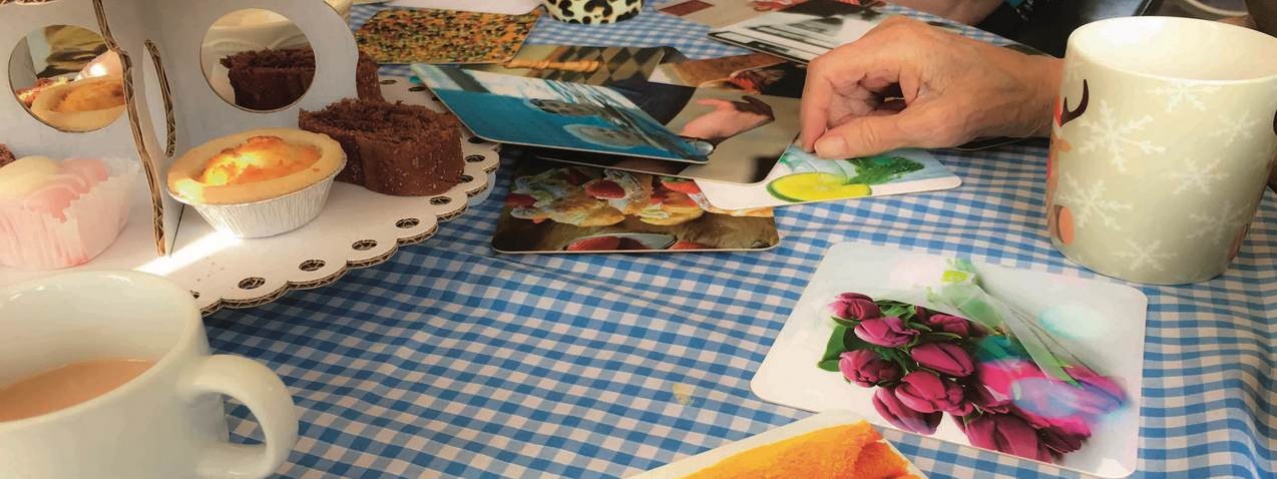
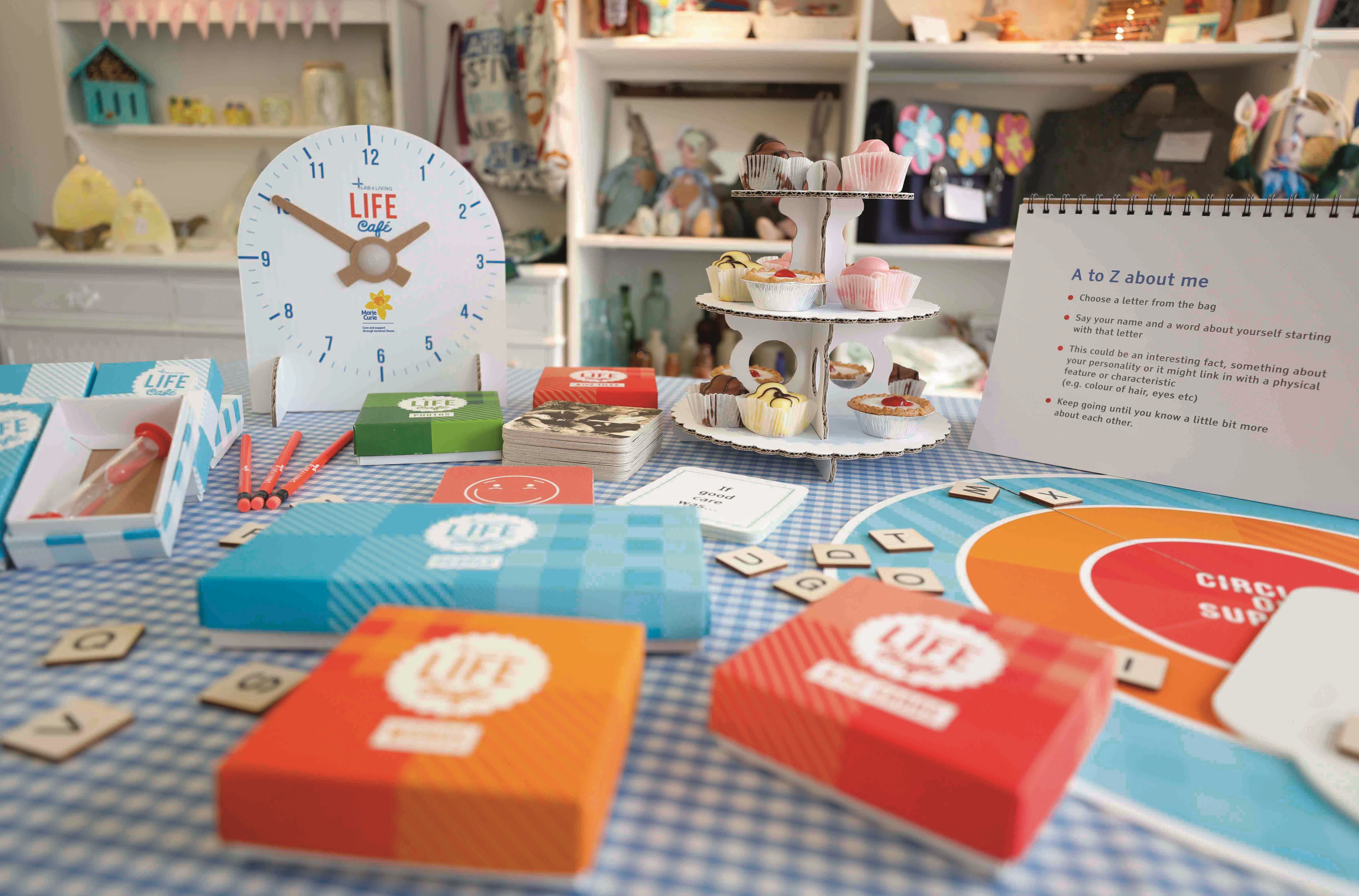
|
Text by Steve Jarvis|Photographs by Life Cafe Sitting in a group talking about the best ways to finish up one’s life may seem a bit morbid, but the reality is it can be very life-enhancing. All too often important things in a person’s life go unsaid – it can be a heavy burden to carry, and can leave scars of regret after it is too late. In England a new, but reassuringly familiar way to tackle such heavy subjects is starting to take root. While increasing standards of living and access to healthcare is always good news, it also means that ever greater numbers of elderly are coming to terms with their finite time on the planet. In countries such as the United Kingdom, where nuclear families have become the norm, it also means that the majority of people face the prospect of spending their final days in aged care facilities separated from their loved ones and familiar surroundings. When the cause of aged people’s suffering is estrangement from loved ones and community, there is no quick medical fix. In fact, it is the opposite approach of increasing human connections and allowing people to express their most intimate thoughts in a relaxed and comfortable setting, that is proving most hopeful in easing the emotional turmoil of end-of-life care. In aged care homes and community centres around England, small groups of friends and residents gather around gingham clothed tables, fill their cups and select something sweet from the cake stand. It is an everyday scene, but in this instance, the people have come together to share their thoughts on how they want to spend the final stage of their lives. Broaching the subject of death can be a sensitive topic for all concerned, but joining a Life Café is one way for people to talk openly about their feelings. The goal is to make people feel comfortable and at ease, so they can share stories about care and how they feel about it, and how they want to feel in the future. It is a space to uncover what is meaningful in life and in care, a process made easier by the Life Café Kit, a carefully curated selection of resources and activities to promote meaningful conversations. |
A research project takes on a life of its own Life Cafés emerged from the Design to Care programme, a research project funded by the charity Marie Curie. The Life Café was designed by Sheffield Hallam University’s Lab4Living, an innovative social research centre with a track record in using co-design and community engagement in their research activities. The project aimed to reconceptualise approaches to palliative and end-of-life care in a way that is more aligned with the wishes of all involved, and done in a way that is dignified and accessible. While conventional approaches to end of life issues focus on technical and clinical aspects, Professor Claire Craig and her collaborator Helen Fisher turned to community engagement as a pathway rich in possibilities for improving the quality of a person’s last stages of life. The Life Café was originally a research methodology designed to answer the questions of what does care look like now, and how can it be done better. Craig wanted to call it the Life Café because it was not so much about dying, as about living well toward the end of life. Drawing on Craig’s previous research into “object elicitation,” they brought together groups of people in aged care facilities and community settings and used a range of visual and cognitive props, including photographs, question cards, and objects such as pine cones to stimulate discussion. These conversation tools were deliberately abstract and open-ended enough for participants to reflect on the props as a way to explore personal issues. The response surprised even the researchers, as they found that people tended to settle down very quickly and talk about incredibly deep things. Having people bring objects to supplement the objects and devices already in the box helped with the iterative co-design process. Fisher describes it as “a kind of behind-thescenes co-design process, where we would identify themes and trace similarities in conversations that were developing. We were able to identify what artefacts should be in the box, what the box looked like, and adding such things as a cake stand.” For Craig, “The plan was never to have the kit as a finished product, it was simply a research tool. But people kept asking where they could get one from, and people wanted to have one because the conversations they were having with the aid of the kit were so rich and so immediate we felt it was a bit mean to take away such a valuable tool just because it was part of a research project.” |
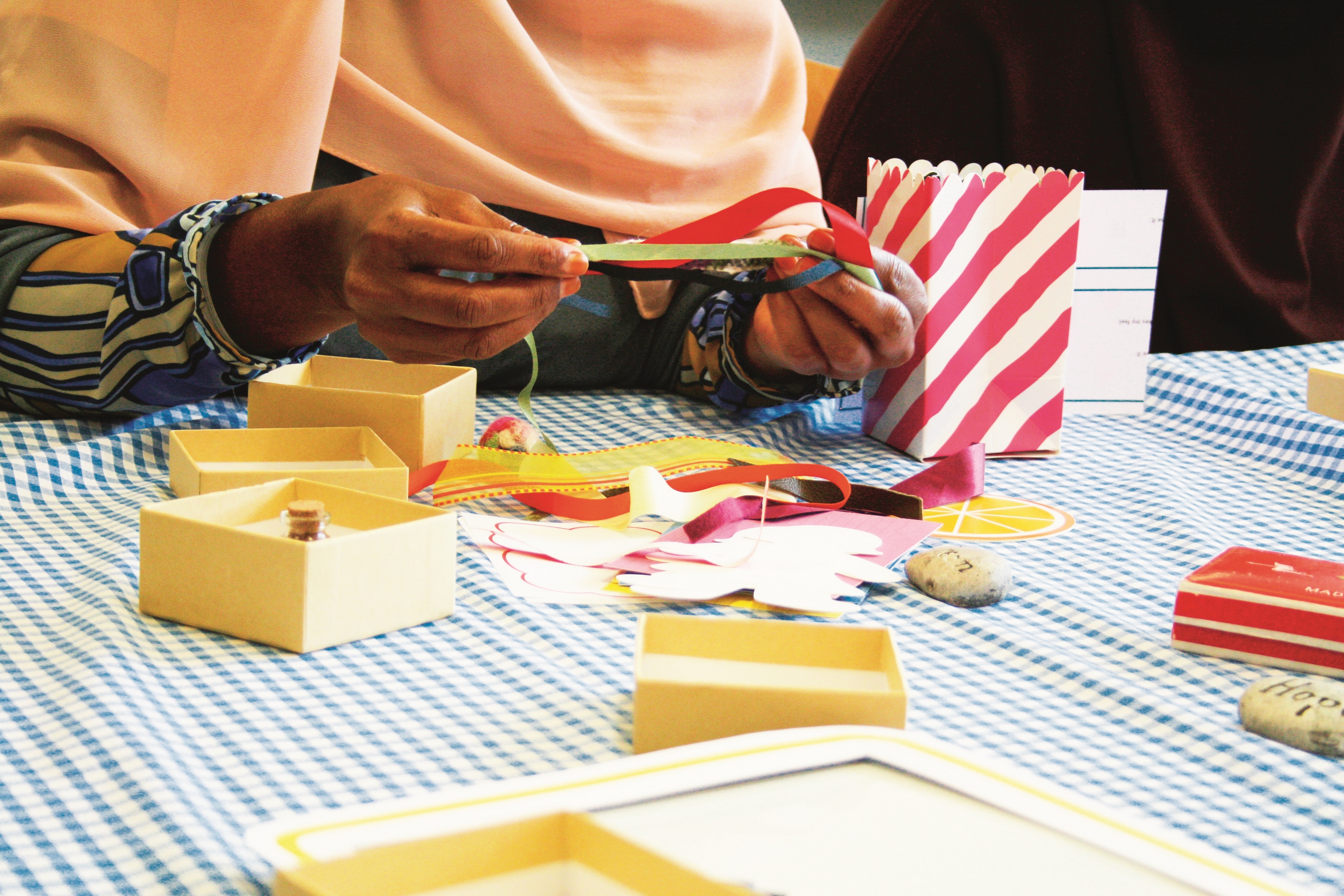
|
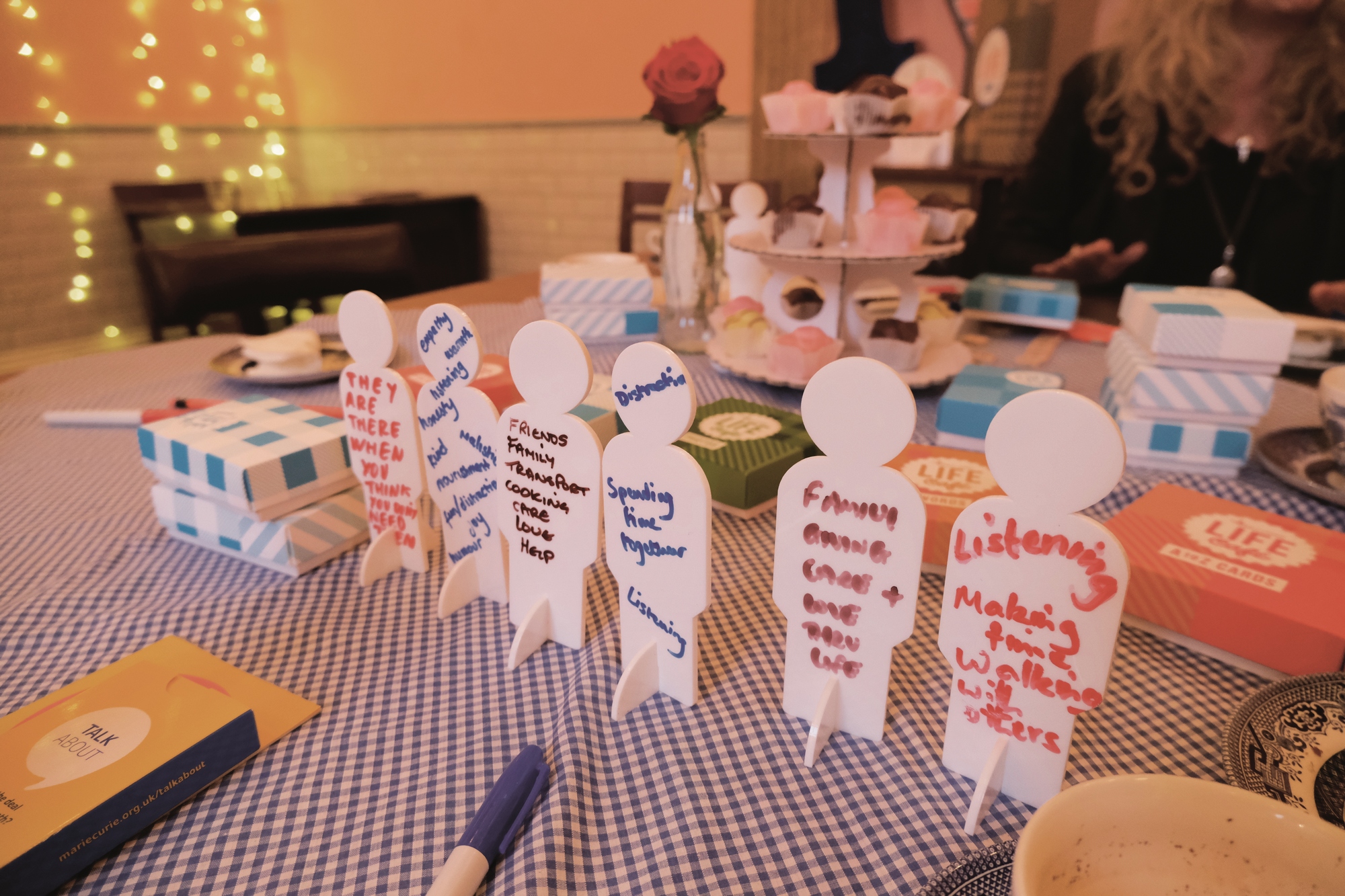
|
There is no one way to share Craig maintains, “It is essential for people to take ownership of their own Life Cafés, so they can modify and use it how they wish. Many of Life Café’s facilitators have little experience in the role, so the kit takes this into account and guides them through the process, while also encouraging them to use it as they wish.” Currently, there are at least 10 aged care homes holding regular Cafés, and the understanding gained from these is not only improving participant’s human relationships, but is also being put to use in care planning. “The key to Life Café success lies in its ability to unlock the potential that already exists in communities but is overlooked,” says Craig. “Life Café is designed to help unlock this potential by creating a safe space and inviting people to think and talk about things differently.” The positive feedback has been overwhelming, with many stories of deepening understanding between loved ones, and within the everyday lived environments of the participants. Craig continues, “Life Café reminds us of the importance of talking about the hard stuff in society, and having ways to ease these conversations is now more important than ever considering the pandemic. Something that has highlighted the dangers of conversations that need to take place not taking place, and once it is too late it only leaves regret. It is a terrible burden to live with.” Life Café, and its ability to build bridges of communication, is a reminder that life is for living regardless of how much time may be left. It is an important lesson for us all. |
Others
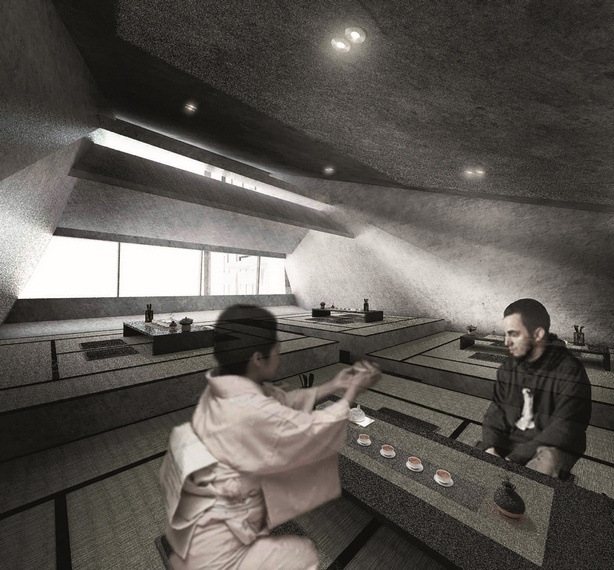
Latest News | 1 December 2020
Music Therapy Tea House
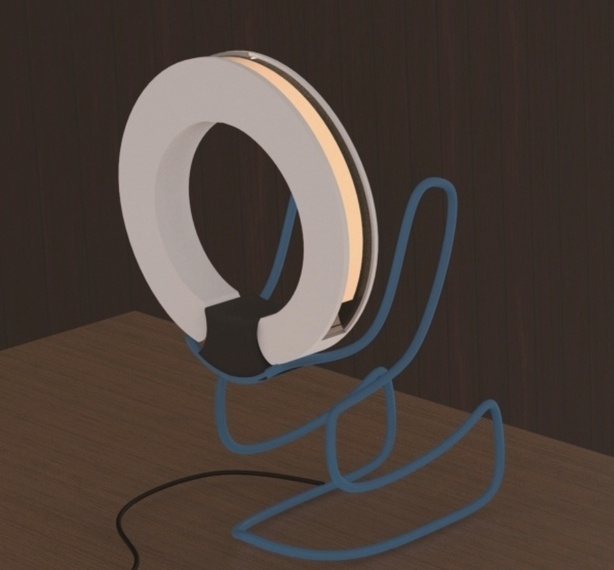
Latest News | 1 December 2020
Human Light
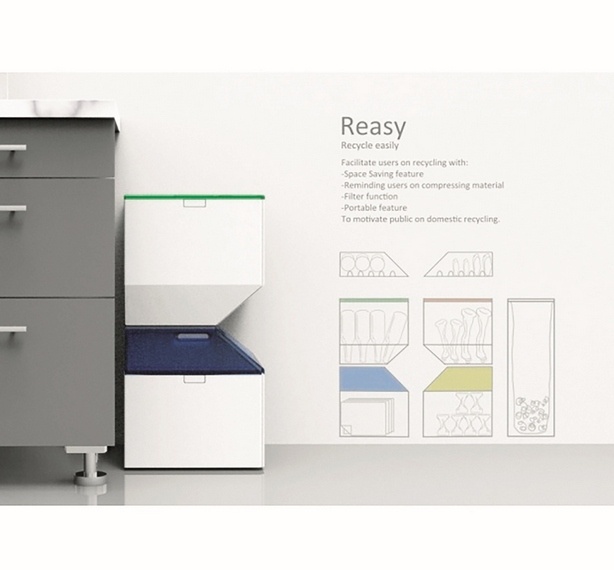
Latest News | 1 December 2020
Reasy
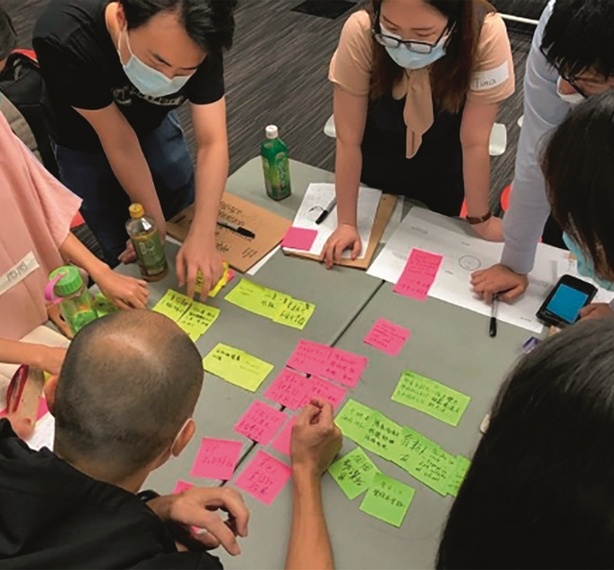
Latest News | 1 December 2020
Design Thinking PMQ
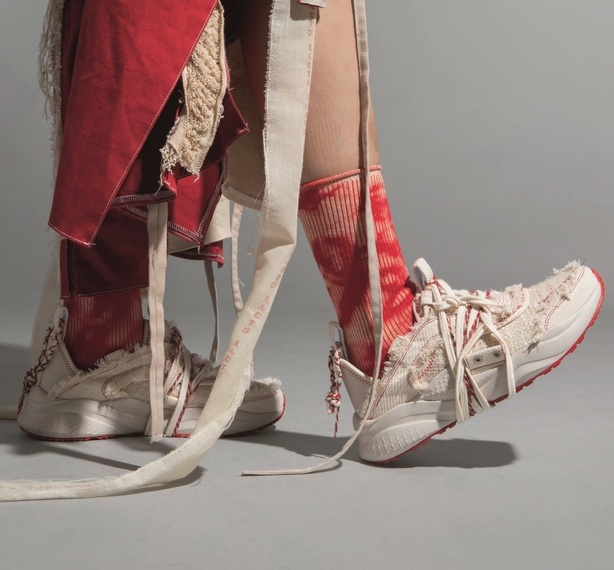
Latest News | 1 December 2020
New Generation, New Force
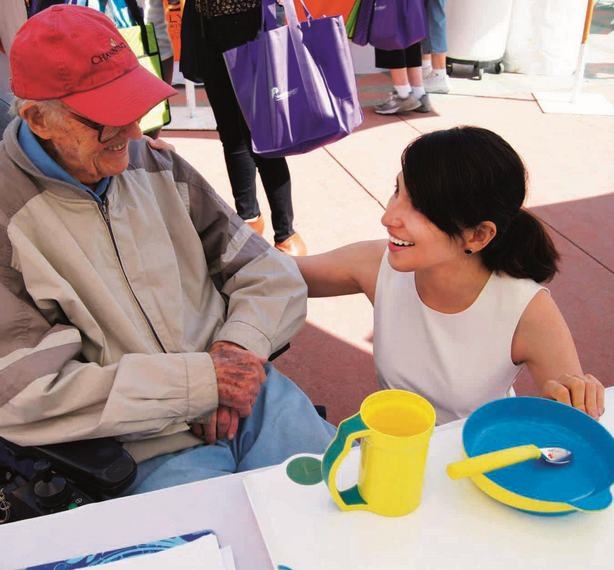
Latest News | 1 December 2020
Designing for basic Human Needs
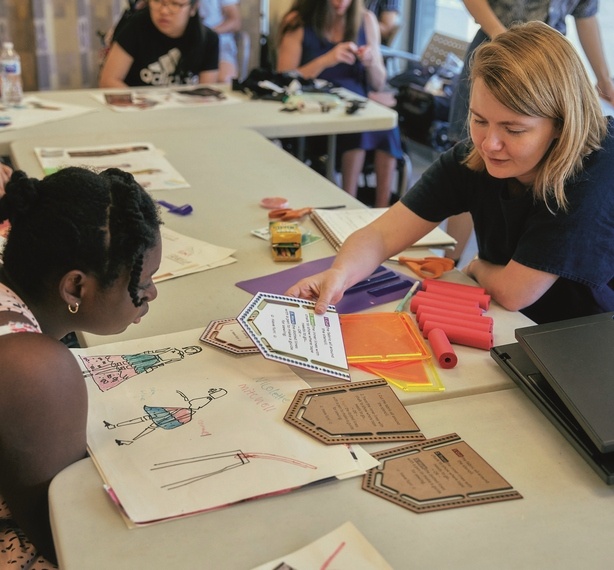
Latest News | 1 December 2020
Functional Fashion is a Bridge to Society
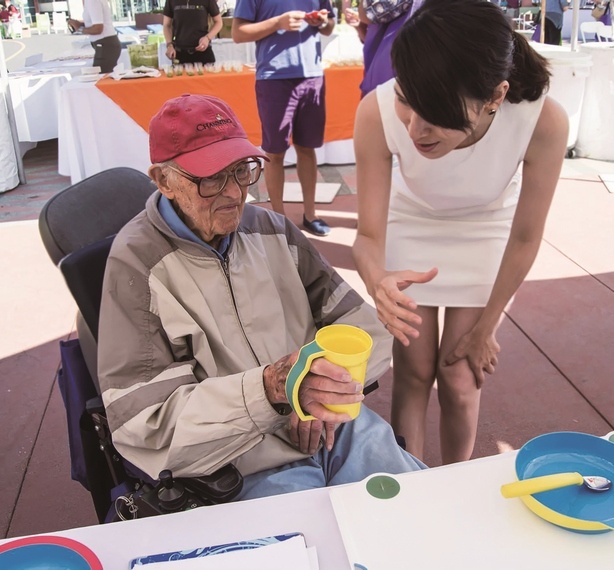
Latest News | 1 December 2020
Tableware Designed with Love
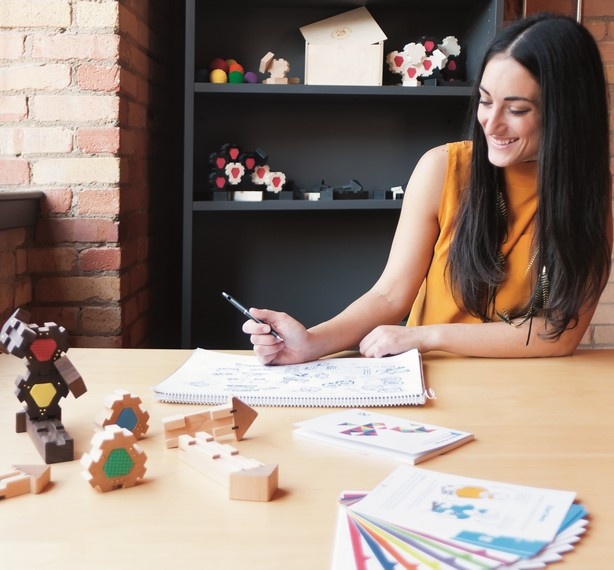
Latest News | 1 December 2020
A Toy for the Twenty-first Century
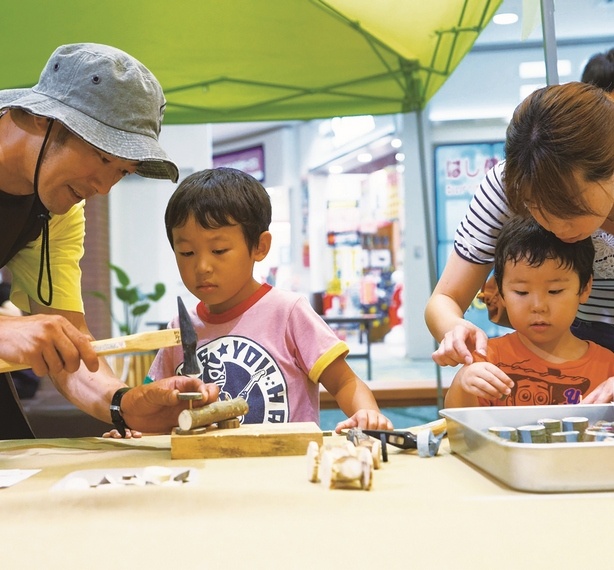
Latest News | 1 December 2020
Value-based Design as a path to Action
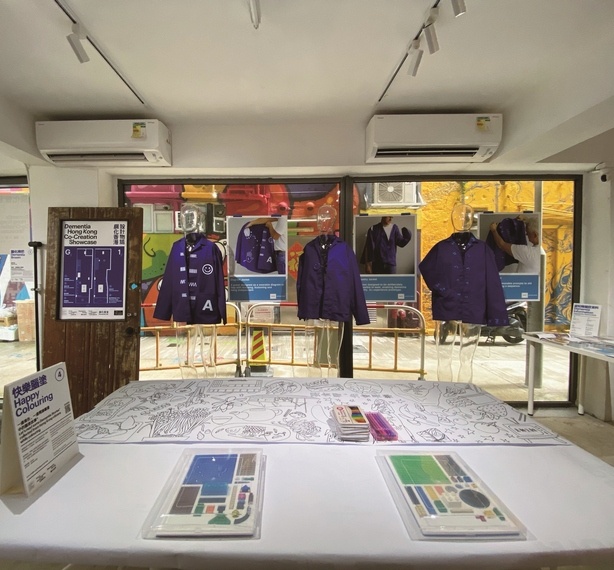
Latest News | 1 December 2020
Design by People for People
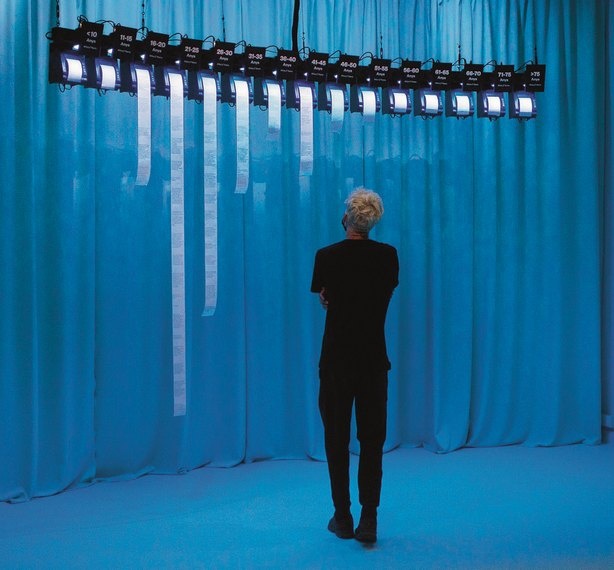
Latest News | 1 December 2020
Stories to Drive Change
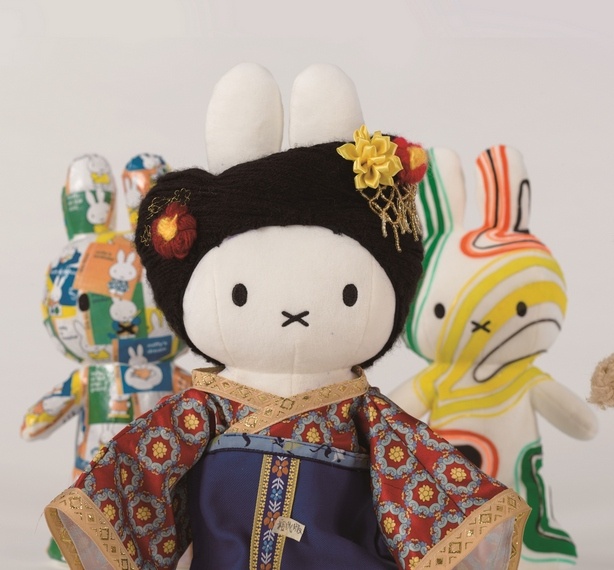
Latest News | 1 December 2020
Miffy
Latest News | 1 December 2020
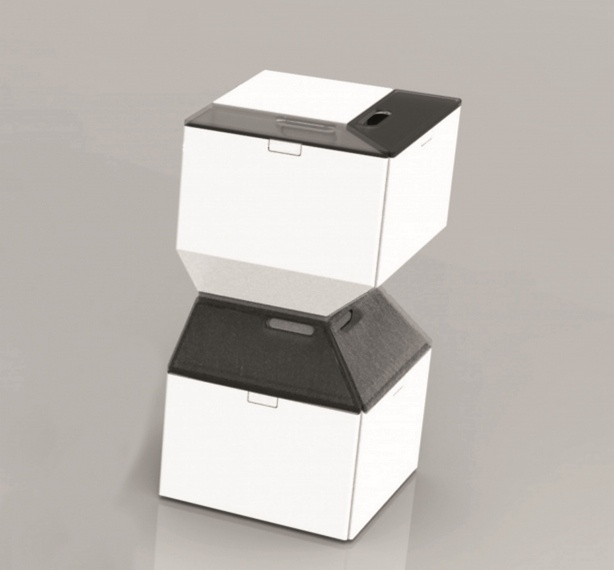
Latest News | 1 December 2020
